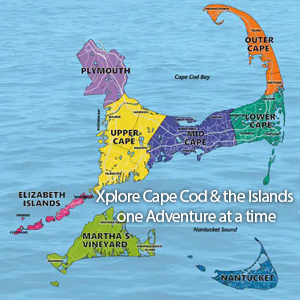The days are growing longer, and the trees and shrubs have started to leaf out – Spring has Arrived! It is officially time to start planting seeds on Cape Cod.
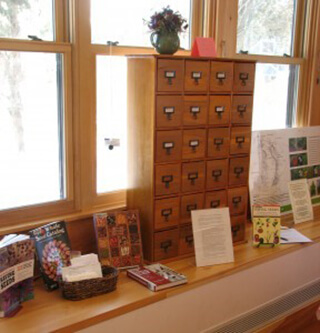 Seed libraries on Cape Cod have become increasingly popular in recent years, providing a valuable resource for communities interested in promoting sustainable agriculture and preserving local plant varieties.
Seed libraries on Cape Cod have become increasingly popular in recent years, providing a valuable resource for communities interested in promoting sustainable agriculture and preserving local plant varieties.
Cape Cod is home to several seed libraries, each offering a unique collection of vegetable, herb, and flower seeds for patrons to borrow and plant in their own gardens. These libraries serve as a hub for community members interested in gardening, promoting the exchange of knowledge, resources, and seeds among local farmers, gardeners, and enthusiasts.
Through seed libraries, communities on Cape Cod are able to preserve and propagate local plant varieties, support sustainable agriculture, and promote a deeper understanding of the importance of biodiversity in our food systems.
All About Seed Libraries on Cape Cod
Seed libraries on Cape Cod are community-based initiatives that aim to promote biodiversity and sustainable agriculture by providing free access to locally adapted and open-pollinated seeds. These libraries are typically housed in public libraries, community centers, or other public spaces, and they operate on the principles of sharing, education, and community building.
The Idea of the Seed Library
The idea behind seed libraries is simple: members of the community can borrow seeds from the library, grow them in their own gardens, and then return some of the harvested seeds to the library at the end of the season. This creates a self-sustaining cycle of seed sharing and helps to ensure that the library always has a diverse and locally adapted collection of seeds.
Seed libraries on Cape Cod are particularly important because the region has a unique climate and growing conditions. By focusing on locally adapted seeds, these libraries help to ensure that farmers and gardeners in the area have access to seeds that are well-suited to the local climate and can thrive in the region’s specific soil and weather conditions.
In addition to providing access to seeds, seed libraries on Cape Cod also offer educational resources and workshops on topics such as seed saving, plant breeding, and sustainable agriculture. These resources help to promote a deeper understanding of the importance of biodiversity and the role that local communities can play in preserving it.
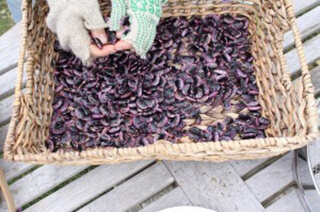 Seed libraries on Cape Cod are a valuable resource for the community, providing access to locally adapted seeds, promoting biodiversity, and fostering a sense of community around sustainable agriculture.
Seed libraries on Cape Cod are a valuable resource for the community, providing access to locally adapted seeds, promoting biodiversity, and fostering a sense of community around sustainable agriculture.
The community-based initiatives aim to promote biodiversity and sustainable agriculture by providing free access to locally adapted and open-pollinated seeds. Seed libraries are typically housed in public libraries, community centers, or other public spaces, and they operate on the principles of sharing, education, and community building.
In addition to providing access to seeds, seed libraries on Cape Cod also offer educational resources and workshops on topics such as seed saving, plant breeding, and sustainable agriculture. These resources help to promote a deeper understanding of the importance of biodiversity and the role that local communities can play in preserving it.
Benefits of Seed Libraries to Cape Cod
Seed libraries on Cape Cod are a valuable resource for the community, providing access to locally adapted seeds, promoting biodiversity, and fostering a sense of community around sustainable agriculture.
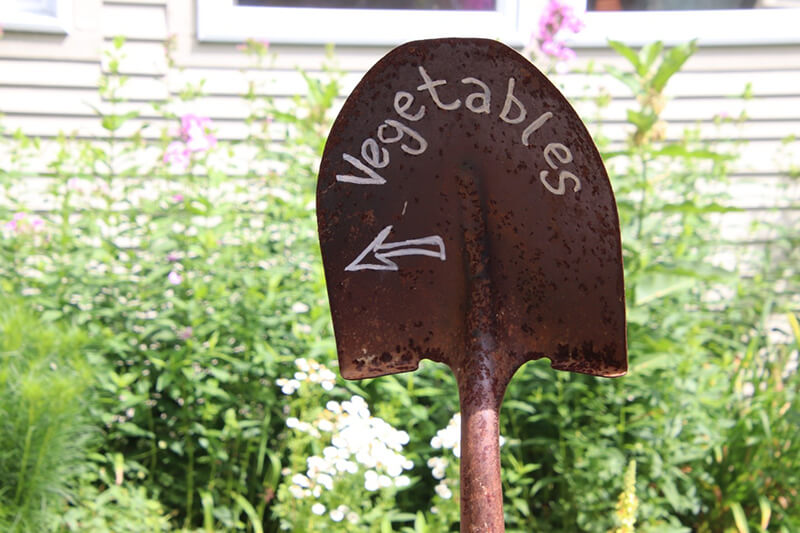
There are many benefits of a seed library, including:
- Preservation of biodiversity: The use of seed libraries helps preserve the genetic diversity of plants by promoting the use of open-pollinated seeds. Open-pollinated seeds are not patented or genetically modified, and they can be saved and replanted year after year, preserving the unique characteristics of each plant variety.
- Locally adapted seeds: Seed libraries focus on collecting and distributing seeds that are adapted to the local climate, soil conditions, and pests. This helps to promote the resilience of local food systems and increase food security by providing farmers and gardeners with seeds that are well-suited to their growing conditions.
- Cost savings: Obtaining seeds from a seed library is a cost-effective way for gardeners to access a wide variety of seeds without having to purchase them individually. Members can borrow seeds from the library for free and return them at the end of the growing season, helping to reduce the financial burden of gardening.
- Education: Seed libraries provide educational resources and workshops on topics such as seed saving, plant breeding, and sustainable agriculture. This helps to promote a deeper understanding of the importance of biodiversity and the role that local communities can play in preserving it.
- Community building: Everyone using a seed library helps to bring people together around a common interest in gardening and sustainable agriculture. They provide a space for community members to share knowledge, resources, and seeds, and to build relationships with other like-minded individuals.
- Encourages sustainability: Seed libraries promote sustainability by encouraging the use of open-pollinated seeds, which can be saved and replanted year after year, preserving the unique characteristics of each plant variety. This helps to reduce the reliance on commercial seed suppliers and promotes local food systems.
- Fosters innovation: Using a seed library provides opportunities for gardeners and farmers to experiment with different plant varieties and breeding techniques. This fosters innovation and can lead to the development of new plant varieties that are well-suited to local growing conditions.
- Aligns with the library’s values: Seed libraries align with the library’s values of community engagement, education, and access to information. They provide a valuable service to the community and promote the library as a hub for lifelong learning and community building.
Overall, seed libraries provide a valuable service to the community and align with the library’s values and mission. Librarians appreciate the opportunity to promote community engagement, lifelong learning, and sustainability through the establishment of seed libraries.
How Did the Eastham Turnip Benefit from Seed Saving?
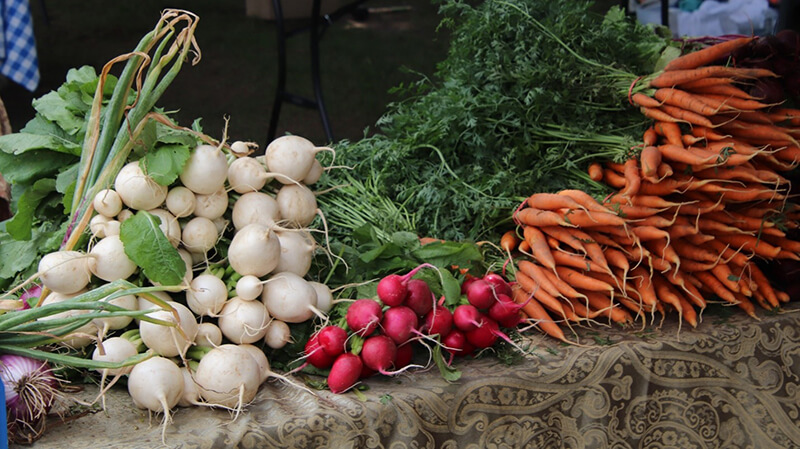
The Eastham turnip is a local heirloom variety of turnips that is grown on Cape Cod in Massachusetts. The turnip was almost extinct in the mid-20th century due to the rise of commercial farming and the introduction of new varieties of vegetables. However, a group of local farmers and gardeners came together in the 1970s to save the Eastham turnip from extinction through seed saving.
Seed saving allowed the Eastham turnip to be preserved and propagated, ensuring that the unique variety would not be lost forever. By saving the seeds of the turnip and replanting them year after year, local farmers and gardeners were able to preserve the genetic diversity of the Eastham turnip and maintain its unique characteristics.
The Eastham turnip has since become a local icon and is celebrated each year with a festival in the town of Eastham. The turnip has also been featured in local restaurants and markets, helping to promote local food systems and sustainable agriculture.
Seed saving played a critical role in the preservation of the Eastham turnip and its unique genetic characteristics. Without the efforts of local farmers and gardeners to save and propagate the seeds of the turnip, it may have been lost forever, and the region would have lost a valuable part of its local food culture and agricultural heritage.
Which Cape Cod Libraries Have Seed Libraries?
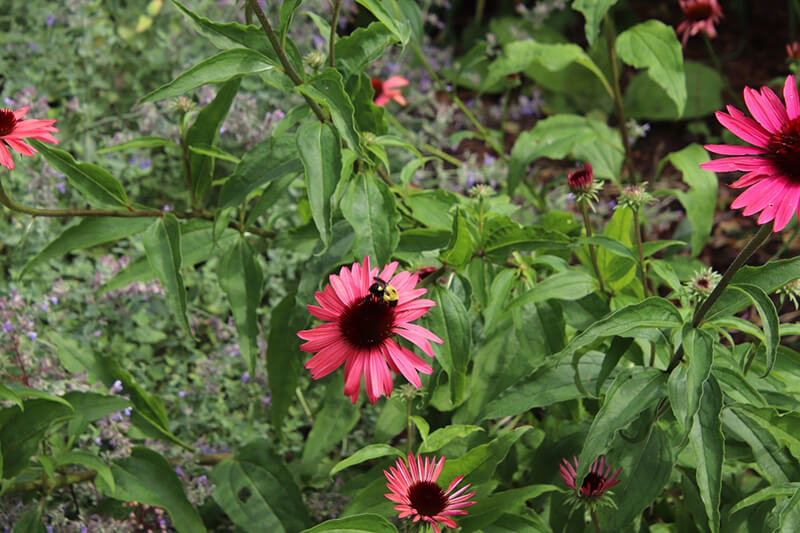
Here are a few examples of Seed Libraries on Cape Cod & the Islands:
- Brewster Ladies’ Library: The Brewster Ladies’ Library has a seed library that is open to the public. The library offers a variety of vegetable, herb, and flower seeds that can be checked out by library patrons.
- Brooks Free Library: The Brooks Free Library in Harwich has a seed library that is free and open to the public. The library offers a variety of vegetable and flower seeds that can be checked out by library patrons.
- Eastham Public Library: The Eastham Public Library has a seed library that is open to the public. The library offers a variety of vegetable and flower seeds that can be checked out by library patrons.
- Eldredge Public Library: The Eldredge Public Library in Chatham has a seed library that is open to the public. The library offers a variety of vegetable, herb, and flower seeds that can be checked out by library patrons.
- Falmouth Public Library: The Falmouth Public Library has a seed library that is open to the public. The library offers a variety of vegetable and flower seeds that can be checked out by library patrons.
- West Tisbury Public Library: Housed at the library, the Martha’s Vineyard Community Seed Library is a collaborative project with Island Grown Schools, Polly Hill Arboretum, Whippoorwill Farm, and local home gardeners to share the knowledge of how to save seeds on the island community and creating a central space where seeds can be freely shared.
These are just a few examples of libraries on Cape Cod that have seed libraries. It is always a good idea to check with your local library to see if they have a seed library or if they know of any other seed libraries in the area.
Conclusion
Seed libraries on Cape Cod serve as a valuable resource for local communities to preserve heirloom plant varieties and foster sustainable agriculture. These libraries provide access to a diverse range of seeds and educate people on seed-saving techniques, which not only promotes biodiversity but also helps to build resilience in the face of climate change. Moreover, seed libraries on Cape Cod are an excellent example of how grassroots movements can make a significant impact on the environment and local communities. By supporting these libraries, people can play a vital role in preserving and promoting the region’s unique flora and fauna for future generations.








